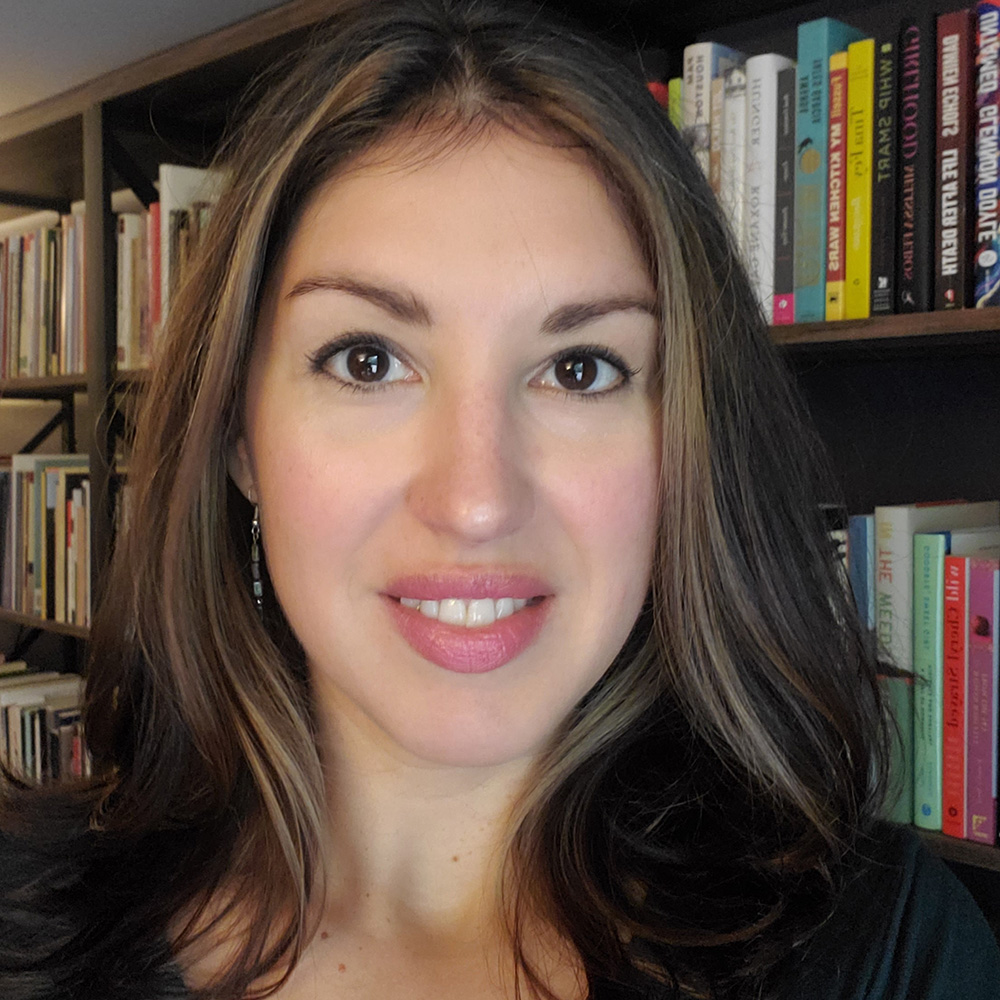
When it comes to process and the question of whether or not a piece of writing is finished, there are two types of writers: those who finish a piece and move on to the next, and those who have trouble finishing and/or letting go.
I have been both. I’m going to tell you a story.
I used to be the kind of writer who wrote to publish. Every piece I started, I pushed to completion because I was entrenched in the process of write, revise, polish, and (hopefully) publish. I was writing primarily poetry in those days, and I’d sit down to craft what I knew I wanted to be a sonnet. Formal poetry has built-in guidelines for completion: a set number of lines, perhaps a pattern of stressed and unstressed syllables or a rhyme scheme that helps the poet narrow down, distill, and choose the right word line after line. So I’d approach my sonnets knowing I needed three quatrains and a couplet, 14 lines total, with maybe some soft rhymes, and definitely a shiny, singing metaphor. I needed one central image. I needed an emotional tension to work through toward resolution.
And once I decided what I was writing about, I couldn’t stop until I was finished.
An unfinished sonnet, or any unfinished piece of writing, haunted me. I didn’t see the point of writing anything that I didn’t intend to show to someone, somewhere, at some point—and I didn’t show unfinished writing. Not finishing was not part of my writing process. It became too easy to equate unfinished writing with failed writing. Either my creativity failed me, or the idea failed me, or the writing itself was bad, and therefore, failed. And the path between “This poem is a failure” and “I am a failure” is dangerously short.
Then, life happened. Big Life Stuff. Motherhood, for one thing. I survived several traumas that left me picking up the pieces, so to speak. I changed in ways large and small, and my writing changed, too.
First, I couldn’t write at all. Failure. Writing had been such a huge part of my life and identify for so long that the lack of creative impulse actually scared me. The combination of that fear of having lost myself completely and my trademark stubbornness sent me back to the page. I refused to let writing slip away from me.
I had to convince myself from day one of my trauma-aftermath, recommitted writing life that all my efforts must be worthy. I can’t tell you how hard it was to make myself write for even 10 minutes, and to know that what I’d written was nowhere near up to par with what I’d been writing before (wasn’t it?), and to have to walk away from it before it was finished (did I even want to finish it?) to make a bottle or meal, bathe the baby or myself, nap while the baby napped.
Stubbornness won. I decided to go with what was happening with my writing because at least I was writing again. What happened was, I embraced fragments over finished product. I had to.
This was my new reality. I was a single working mom rebuilding a life and recovering from trauma. I was in pieces, and I was writing in pieces. To hold onto a bit of my old self was only going to be worth it if I found a way to integrate it with my new self. If it could make writing a positive, forward-thinking, even a healing experience, rather than an experience that constantly reminded me of what I’d lost, then maybe I could sustain that part of my identity.
I began to write in little bursts that coincided with pockets of “free time” I found while my son babbled in his pack-and-play, or while my parents took him for a walk. I discovered the early morning hours so many writing moms have come to rely on, what Sylvia Plath called “that still, blue, almost eternal hour…before the baby’s cry…” Waking in the dark, tiptoeing around making coffee, then sliding back into bed with my steaming mug and my laptop felt decadent. Sometimes I’d get an hour, maybe an hour and a half, all to myself.
Always, I’d get a fragment.
Gone were the days of the templated sonnets that arrived nearly whole. Feverishly, I wrote fragmented, clipped, unfinished, imperfect things, snippets gleaming with imagery and language that waxed sentimental for a half second before turning sharp, even caustic, on a dime. I didn’t know how to end them; I was too afraid the beginnings would stop coming. But then, those fragments began to excite me not just because I was writing again, but because they were so different than what I was used to writing. They felt urgent enough to come back to. I’d think about them throughout the day while smoothing my son’s curls, chasing after his laugh, stirring his applesauce. I couldn’t wait to return to them—not to finish them, per se, but just to be with them some more. To see what they’d become, not unlike how I wondered who and what my son would become as he grew.
I worked on my favorites of those fragments for four years (and even returned to my beloved sonnets on occasion). I named them, polished them, renamed them, and showed them, shyly at first, to trusted friends. For a short time, I agonized over how to label them. But why? What did it matter? I was writing, and I liked what I was writing, and for both of those reasons, I kind of liked myself more.
Those fragments eventually became a short book, but that wasn’t my intention when I set out to write them. All I wanted to do was write again. To write again, I had to let go of preconceived notions of what success and failure meant. I had to become a writer who was ok with leaving things unfinished, unnamed, uncategorized, raw, rough, jagged, and imperfect.
Whether you are healing, evolving, or simply stuck, I invite you to do the same. At least sometimes. Process over product. Fragmented over finished. Imperfect over perfect. Who you are over who you were. Not only is it self-forgiving, it’s freeing.
A writing exercise
A great way to begin to think in fragments, and to get more comfortable with unfinished writing, is to practice free writing with a timer once or twice a week.
You can use a prompt if you absolutely must, but I find it works best for me when I have no preconception about what I want to write about that day. I free write when I’m out of other ideas.
Sit comfortably and let your mind wander. At the first thought that compels you and makes you want to follow it, begin writing. Once you touch your pen to the page, don’t let it lift away. Doodle in between sentences if you have to. Just keep writing.
Go wherever your mind takes you. You might not write anything that makes any sense to you until your time is almost up, or you might write a couple sentences of nonsense and then find a thread and take off, and everything after that point will be cohesive and charged. Keep writing.
At some point, the timer is going to go off, and you will have a decision to make. It isn’t about whether you should or shouldn’t stop writing. It’s about whether you feel compelled to continue writing or not. Maybe what you’re writing excites you, like my fragments began to excite me. Or maybe it was just enough that you wrote today. Check in and figure out if this is writing you want to keep following, either now or later, or not. If you can set it aside for a bit and come back to it later, great. If you blow right past your timer and put in another half hour of writing, great. If you stop writing as soon as the timer goes off and never look at that piece of writing again, great.
These small decisions about which projects are worth continuing, and when, and why, are the choices that shape the type of writers we become. They are choices that define our way. Letting go of questions about structure, form, titles, or the “worthiness” or “success” of what we’re working on during a generative phase frees us up to be curious and exploratory about writing, which ignites our creativity and keeps us going.
Keep going, writers.
Are you the kind of writer who can leave projects unfinished without fretting, or does the incomplete writing project haunt or frustrate you? Do you ever practice free writing? Share with us in the comments.
Related reading: Set smaller goals to build 3 strong writing habits
Writing as a journey, not a destination, in 3 steps
Want to receive tips and inspiration like this in your inbox every Sunday morning? Join our email list community! You will receive weekly advice, a year’s worth of weekly writing prompts as a FREE download, and be eligible to participate in our monthly photo prompt contest for a chance to share an original piece of writing with our community of nearly 1,900 writers.
